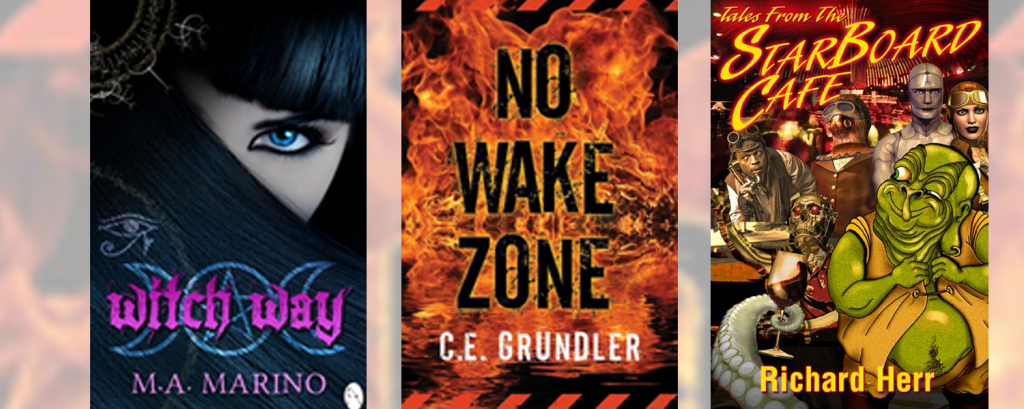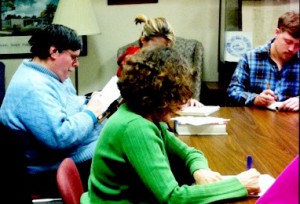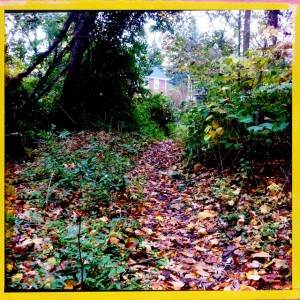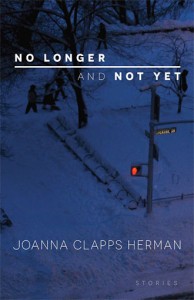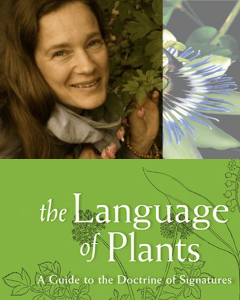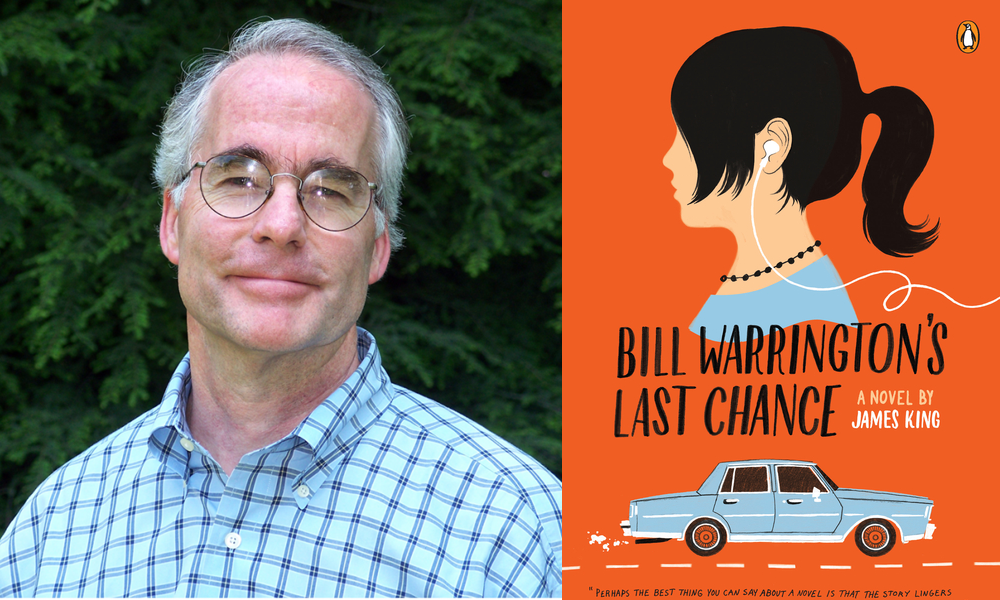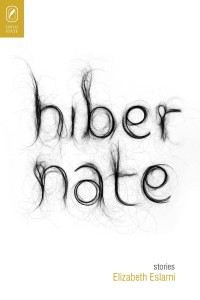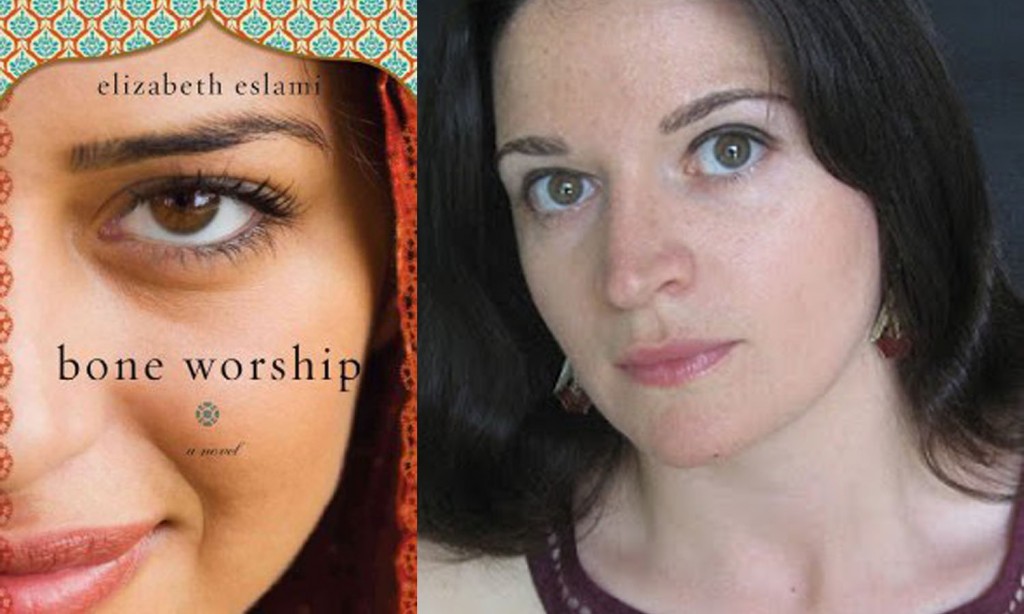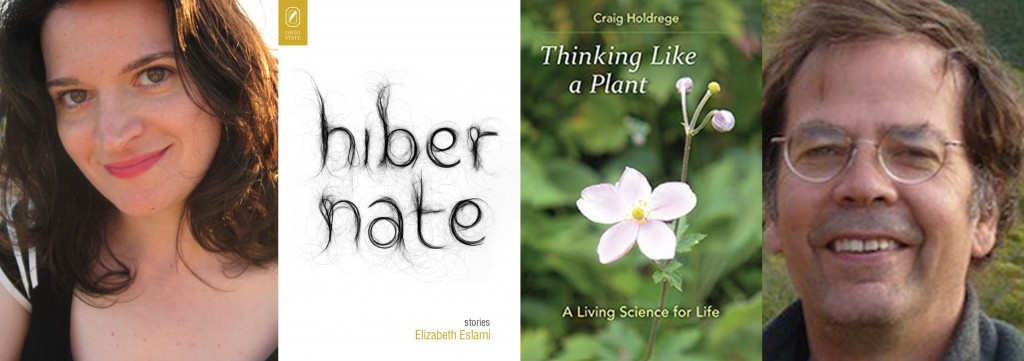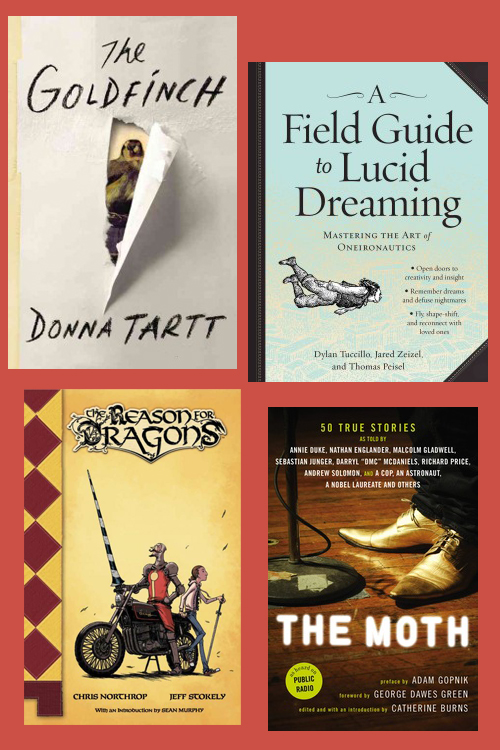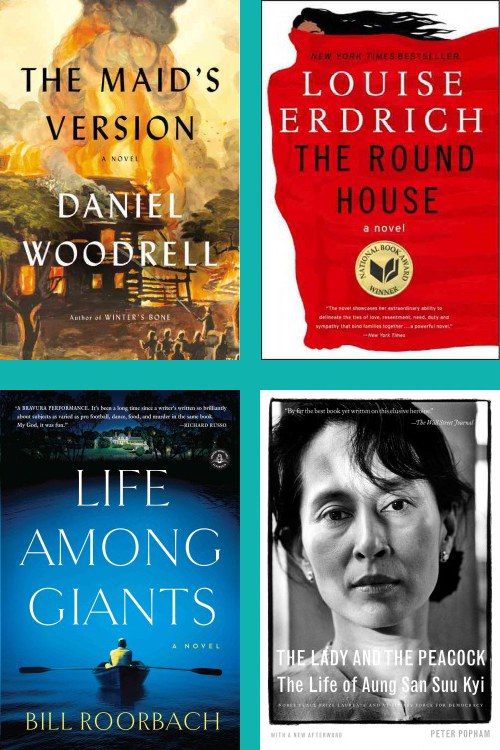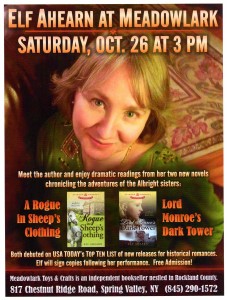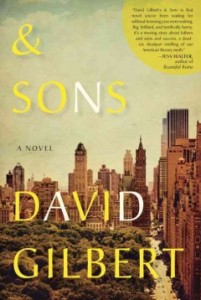 Writing News
Writing News
October 4, 2013
First off, THANK YOU to Team Cuppa Pulp writers and sponsors for supporting the New York Writers Coalition on September 22 for the 8th annual Write-a-Thon! You raised over $1200 through Team Cuppa Pulp, and we even got a special commendation at the event as one of the top three fundraisers. Overall, the event brought in $14,000+ to help fund workshops for writers on the fringes who have something to say. Every community has these voices in their midst. How much richer might our history become, as well as our literature, if we could better preserve those voices!
The Great Link of the Week is one that’s been officially around since August. Check out Narrative4, an initiative headed up by authors Colum McCann and Luis Alberto Urrea that seeks to build empathy among young people from all over the world through story: a “United Nations of decency,” as McCann says. For 5 bucks, you get 100+ wildly different stories on the theme of “How to Be a Man,” and you help this initiative to build momentum. Or you can click over to their Blog for FREE to watch Sting (swoon) sing part of a musical he’s writing about his Newcastle shipbuilding forbears.
Last but not least, here’s some writing inspiration from Jenny Milchman, whose first novel, Cover of Snow, was published last year to critical and commercial enthusiasm after nearly twelve years of drafting and redrafting. Not only is Jenny a model of perseverance (and her work a model of craft), but we want to thank her for her enthusiasm in encouraging the Writer’s Space here at Cuppa Pulp. We look forward to Jenny having an event with us when her second novel hits the shelves in Spring 2014.
Post script, speaking of events. We will welcome romance author Elf Ahearn to Cuppa Pulp on Saturday, October 26 for a reading and signing of her new novel, A Rogue in Sheep’s Clothing. We will provide refreshments; BYOB (that’s Bring Your Own Bodice).
Writing Advice: First Drafts, Part 5
Begin Again
Donna Lee Miele
Almost from the moment you begin, you find thoughts of revision irresistible. But this can staunch your creative flow. Instead, build a plan for revision into your first draft process. It might be a long trip, so plan to enjoy the journey.
“I’m happy to do as many drafts as any story I commit to needs,” says Joanna Clapps Herman. “That could be ten or it could be a hundred… I don’t care. I’m on the road with my work, and I love being on the road.”
Joanna’s forty-year career has involved writing poetry, fiction, and nonfiction for numerous journals and presses, and teaching creative writing at every level. She is on the MFA faculty at Manhattanville College, and teaches creative writing at the City College of New York’s Center for Worker Education. She knows how to work hard and fast, when necessary.
But her recent memoir, The Anarchist Bastard, took years to write. “My husband would urge me to turn my attention to writing about my Italian family and I would look at him in confusion,” she writes in the Introduction. “But I was still so utterly of them, a part of them, that I had no words to bring to my pages about them. You can’t write about that which is so much a part of yourself that you can’t step back from it, consider it, think about it… It took the larger part of twenty years to be able to fully unloosen my word hoard against this wordlessness.”
Joanna took her time delving into her family’s sometimes painful secrets and tunneling through a wealth of social, historical, and literary research. Armed with plenty of facts and knowledge, she brought good and bad truths to light, and transfigured the day-to-day of family into a cultural portrait. Not quite like pulling story out of thin air, perhaps—more like spinning straw into gold.
But the craft process was much the same. A successful writing life had taught Joanna to enjoy every stage—even when revision requires a hundred drafts.
“I no longer have the need to drive to the end,” she says. “I love the last stage of the process… Making sure I have a sound architecture, making sure the characters’ concerns are really clear.”
For Joanna, revision begins during the first draft. While staying with the initial flow, she tracks her own inner dialogue with a new “grocery list” of questions and suggestions for herself. She keeps the list aside until she is ready to think about the second draft. “I always keep a writer’s journal—what is going on in my writing life, what is going on with a specific piece, what my struggles are, what isn’t working, just to clarify it to myself.
“I trust each stage to do its work.”
The Authors’ Extra Mojo:
For many of us, a “polished” first draft is not only impossible, but undesirable. Anne Lamott writes, “There may be something in the very last line of the very last paragraph of page six that you jut love, that is so beautiful or wild that you now know what you’re supposed to be writing about, more or less, or in what direction you might go—but there was no way to get to this without first getting through the first five and a half pages.”
Revision is “when the writing craft comes in,” says Emmy Laybourne. She plans on multiple passes dedicated to different aspects, until “everything’s sparking and moving:” overall story movement, scene progression, character consistency. But not in the first draft.
While writing his second novel, James King planned a revision process involving rewrites of entire chapters or sections, but he still set it aside completely. “The first draft gave me a chance to meet and get to know the main characters and to experiment.”
Max Ellendale is more scene-oriented. She knew she’d be “rewriting scenes over and over until they’re gut-wrenching or disturbing in a way that sticks.” But not during the first draft.
Lauren Groff’s first round of revision consists of typing up a single draft from the multiple longhand drafts she completed while nailing down the elements of her story. “It’s a very long process, but it’s shorter than if I were to be attached to the sentences… For me, writing is all about finding the way to tell a story, and making sure that the way you tell a story is absolutely right for the story you’re trying to tell.”
***
Come back to the story you first envisioned. Do you recognize it? Or has it transformed—or become disfigured? Do you still want it to live? Prepare to begin again.
***
Draw story from beyond the page. Exercise discipline. Engage a positive inner dialogue. Be unstoppable. And begin again.
You may check your blueprint at every stage. Or you may rely only on a grocery list, or a funny little talisman that grants you excellent insight. But do devise your own practices, because your muse doesn’t communicate in sentences. That’s your job—to conjure story.
Coming Next Time: Dreaming a Workshop, Part 1
References:
Except where noted below, quoted material from James King (Bill Warrington’s Last Chance, New York: Viking, 2010), Emmy Laybourne (Monument 14: Sky on Fire, New York: Feiwel and Friends, 2013), Max Ellendale (Glyph, Breathless Press, 2012), and Joanna Clapps Herman (The Anarchist Bastard: Growing Up Italian in America, Albany: State University of New York Press, 2011) are from personal interviews and emails with the author, March-June, 2012.
Quoted material from Lauren Groff (Arcadia, New York: Voice, 2012) is from the author’s transcript of Ms. Groff’s seminar at the New York Writer’s Institute, State University of New York at Albany, March 27, 2012. “Lauren Groff on Writing and Arcadia”
Herman, The Anarchist Bastard, pages 3-4.
Anne LaMott, Bird by Bird, New York, Random House, 1995, page 23.

